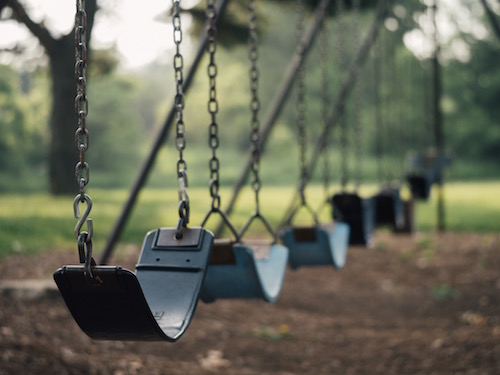
College is a rite of passage, a transition into adulthood. It’s a transition for parents, too, who can no longer sleep in the room down the hall with ears half-cocked and one eye open. It’s all the more important, then, for parents to have conversations with their kids about how to deal with the common, normal changes and stresses likely to arise in these early years of living away from home.
As high-school friendships shift and fade, college students must forge new social connections or risk social isolation. Kids who have poor coping and social skills before starting college might seek unhealthy solutions, like partying, playing computer games, or holing up in their dorm rooms with their laptops
If these solutions, healthy or unhealthy, don’t work, college kids often isolate, deny, pretend, and find all sorts of other ways to conceal their loneliness. To be lonely is shameful. Instead, many tend to brood over stressful experiences and feelings, a process called rumination. The lonely, anxious person ruminates on negative thoughts: reliving past injuries, flubs, or missed opportunities; feeling apprehension about social events, and anticipating distressing outcomes.
Anxiety, Rumination, and Depression in College
Rumination and anxiety create a cycle where each promotes and prolongs the other. The effect of this is that a stressful experience (such as, say, being snubbed at a party) does not end when the stressful situation ends, but can continue on in one’s thoughts and moods. So it is not only the exposure to the initial stress but also exposure to the recurring representation of that event in the mind that results in a depressed mood. Over time, this anxious rumination leads to negative self-esteem and depression.
Apart from such dangers, loneliness doesn’t just feel bad; lonely people are at greater risk for poor health. Social support mediates health: It is well known that when someone has close family and friends, they will be encouraged to seek medical attention when needed, and they will take better care of themselves in general.
One simple thing to look at when considering college students, loneliness, anxiety, and stress is the role of sleep. Good sleep is the cornerstone of mental health. Most of the clients I see—college students or otherwise—suffer from some form of sleep disturbance. Difficulties getting to sleep or staying asleep are common in both depression and anxiety. (Oversleeping, too, can be a problem when it’s used to avoid situations that may provoke difficult feelings.)
In the recent issue of Health Psychology, researchers examined the mechanisms that underlie the relationship found between depressed mood and poor sleep quality in college students. They found that found that rumination and anxiety are strongly connected to loneliness and depressed mood as well as poor sleep quality. The authors conclude that psychotherapists and college counselors need to assess loneliness in kids at school. It is not enough to look at depression and anxiety. Parents, teachers, college counselors need to look at sleep quality and social isolation, in addition to symptoms of anxiety and depression.
(Zawadzki, M. J., Graham, J. E., & Gerin, W. (2012, July 23). Rumination and Anxiety Mediate the Effect of Loneliness on Depressed Mood and Sleep Quality in College Students. Health Psychology. )
Of course, the image of a college student pulling an all-nighter, or partying until dawn, is a common one, and it’s true that college-aged kids need less sleep than adults. For vulnerable kids, however, poor sleep can lead to severe psychological problems. And as we’ve seen, college can be a vulnerable experience in itself. Add to this that students trying to solve their sleep problems don’t always choose healthy options. Some college kids I’ve worked with use combinations of stimulants and caffeine to stay awake, and anti-anxiety medications to sleep. This leads to drug dependence, and in vulnerable kids, will cause emotional problems ranging from depression to delusional thinking.
Whether problems are caused by too much social media, partying, or are the result of depression and anxiety, we need to pay attention to how these activities are affecting emotional well-being. Find time to talk with your college-bound kid about some of these issues. Enjoy the fun of shopping for dorm room stuff, but don’t neglect the crucial conversations about what to expect during this first year away from home. Some basic topics to discuss could include: how to deal with being lonely, how to contact the college counseling center if they feel anxious or depressed, limiting social media, how to get sleep when distractions inevitably occur, and of course, “call us when you feel down.”
- Psychotherapy in the Virtual Space: How teletherapy has changed the way we give and get care - April 26, 2021
- (home video area – couples counseling) - November 23, 2011
- (home video area – mindfulness) - November 23, 2011


Lolly says
Great blog post thanks for posting